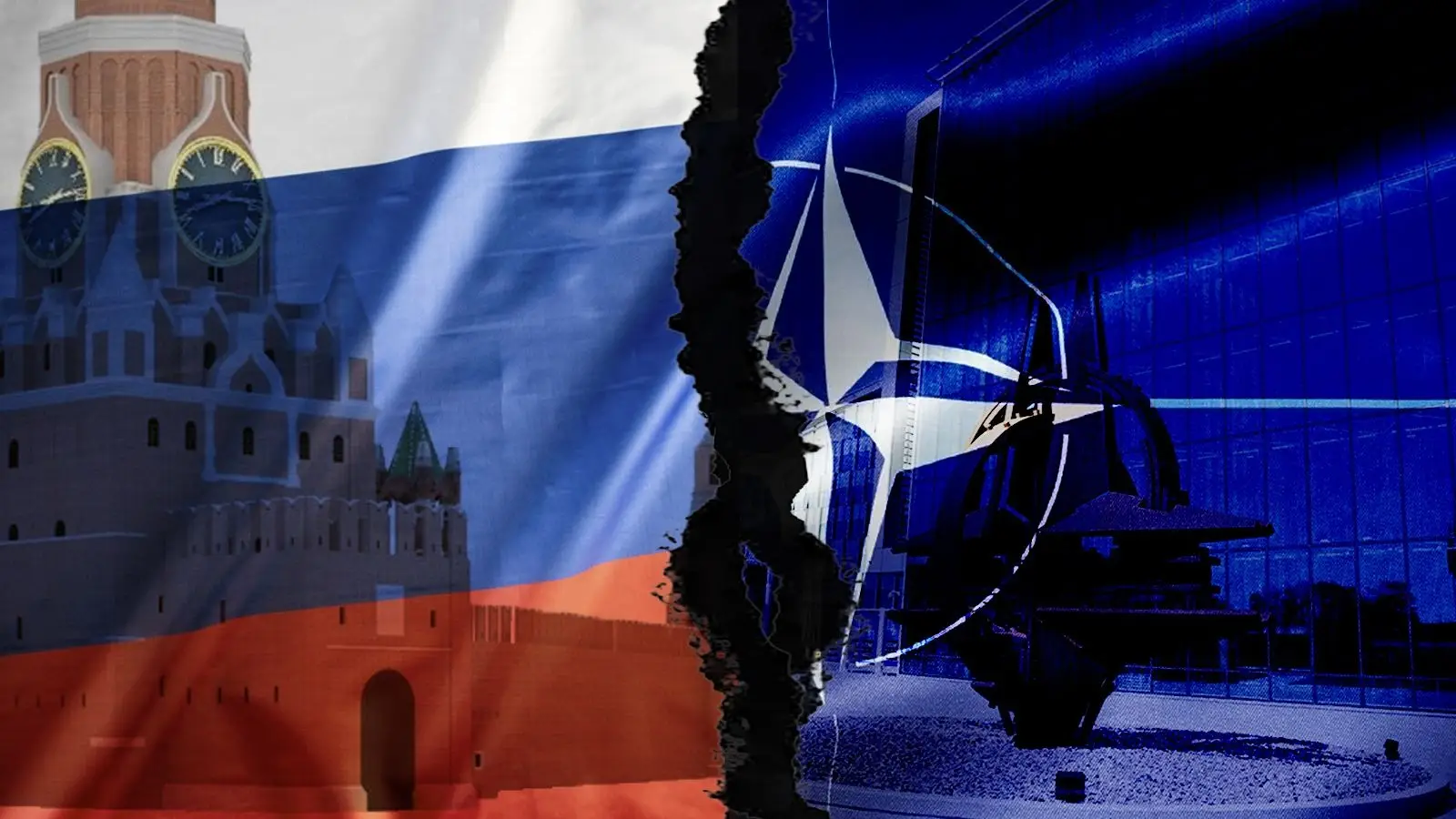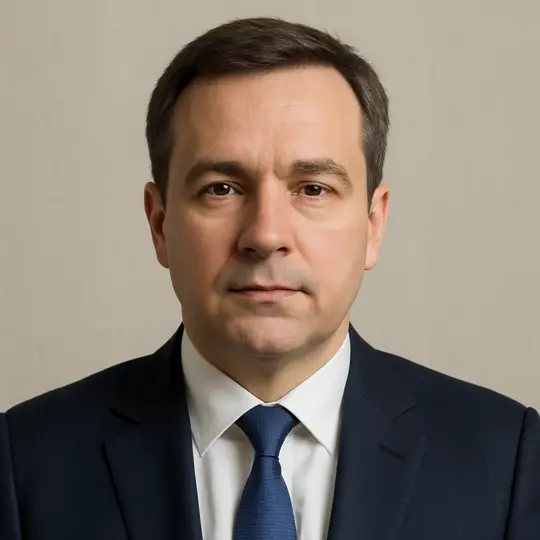Rostislav Ishchenko on NATO, Poland and the Prospect of War with Russia


Political analyst Rostislav Ishchenko warns about NATO’s moves near Poland and the Baltic, Russia’s resilience, and why a major war in Europe may remain impossible.
Rostislav Ishchenko says Russia would be able to survive another war and a new mobilization, though the cost would be severe — which, he argues, is precisely why Moscow is trying to avert a slide into a continent-wide conflict. He points to fresh deployments on the Polish-Baltic axis: additional missile systems, MiG-31s configured as Kinzhal carriers, and the new medium-range complex Oreshnik. Those moves, he says, are an unmistakable signal to NATO’s hawks.
Ishchenko adds that, once the fighting in Ukraine is finished, the danger of a new military campaign will fall sharply. In Europe, he sees only two truly significant armed forces: Poland’s, which despite recent expansion still cannot stand up to the Russian armed forces; and Turkey’s, which is busy in the Middle East, Libya and its long-running standoff with Greece. A viable large-scale land operation against Russia, he contends, is not feasible.
He warns that attempts to exploit naval superiority in the Baltic or to amass NATO air power along the Polish-Baltic front would almost inevitably push the confrontation toward a nuclear threshold — an outcome the West fears as much as Russia. At the same time, he concedes, continuous escalation could slip out of the instigators' control, leaving only the hope that reason will prevail.
Finally, Ishchenko notes that the United States shows no eagerness to fight directly, and without American involvement NATO could not sustain a prolonged war. Washington plans to increase its capabilities by 2029–2032, but those are plans that may prove difficult to realize — and by then the global balance of power might shift in ways that make a war with Russia impossible.